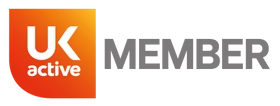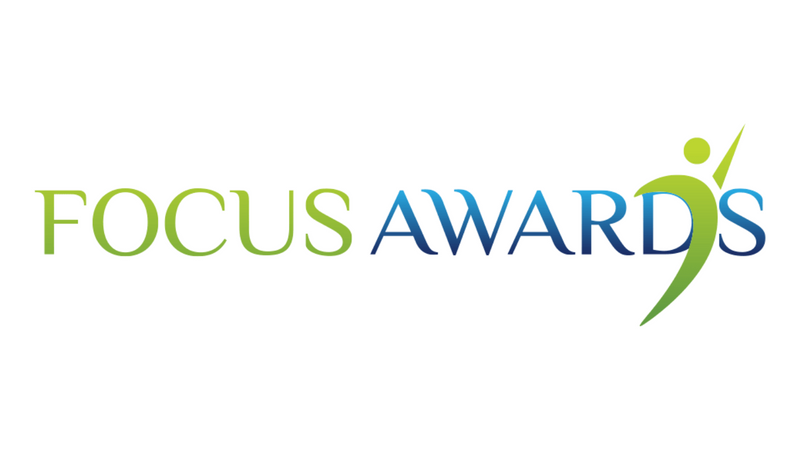A nutritionist is a title which involves someone working with a client and advising them on their dietary intake. They should not be confused with a dietician. A dietician is much more of a medical practitioner role, and dieticians have far greater licence to practice in terms of what they can recommend. To be a dietician you need a university degree, whereas to be a nutritionist, whilst this isn’t a protected title, it is always recommended that one possesses a degree and joins a professional body before referring to themselves as this. A nutritional advisor or a nutritional coach is something that someone can do without a degree. However, it is very important that they adhere to the correct guidelines, and they only operate within their own scope of practice.
What should a personal trainer refer to themselves as?
From a personal trainer’s perspective, it would certainly not be a dietician that one refers to themselves as, unless of course they had a degree in dietetics. It is also not recommended that they refer to themselves as a nutritionist, as it would be best practice to have a degree in nutrition and be a member of a registered body for this. However, a personal trainer may refer to themselves as someone who gives nutritional advice or guidance, or provides some nutritional coaching, but they must operate within their own scope of practice. This would mean having a nutritional qualification, such as what is embedded into the personal training qualification – Level 3 Nutrition – or taking their knowledge further to do Level 4 Nutrition.
What will a Nutrition course cover?
The key thing that these courses will cover is the Healthy Eating Plate, which is the government guidance on what nutrition advice they should be giving. This means that a good appreciation of the Healthy Eating Plate is absolutely imperative for any personal trainer giving any kind off nutrition advice. There must be an appreciation of this along with knowledge as to why – why are they recommending to their clients that they follow this Plate - so they can really put forward the idea of this and motivate their client to stick to it.
What skills should a personal trainer possess when giving nutritional advice?
Once the qualification and knowledge base are established, anyone giving nutritional advice needs to have very good interpersonal skills in addition to nutritionist skills. They must understand concepts of behaviour change and getting their clients to commit to a change. For example, it’s no good a client just having a healthy eating diet for a week, it is something they need to commit to for a much longer period of time, ideally a lifelong amount of healthy eating. So, it is very important that the person giving nutritional advice is skilled in behaviour change to get the client to buy in to these changes. Anyone giving nutrition advice also needs to be motivational and approachable. They need to motivate their client through this transition, and they need to be able to show great empathy skills and listening skills and to listen to the barriers that the client may have about nutrition. There could be many things in their way, stopping them from committing to healthy habits. It is then a skill to identify these barriers and then recommend strategies to help the client overcome these. Such skills of motivation, behaviour change, and empathy are needed with any range of clients that anyone is working with when giving nutritional advice. Whether it is someone wanting weight loss, someone wanting to improve their health, or someone with sports nutritionist skills wanting to optimise a client's sports performance, it’s always necessary to have very good behaviour change, motivational, and empathy skills because for any scenario it is so important to understand where that client is experiencing difficulties and what barriers they are facing, and more importantly, what strategies there are to overcome these.
To become a registered nutritionist in the UK, it’s important to meet the standards set by the Association for Nutrition (AfN), the professional body that regulates the field and if you're looking to build your skills or explore public health-focused nutrition courses, the Royal Society for Public Health (RSPH) offers a range of training and qualifications in this area.
In Conclusion - What Skills Do You Need to Become a Nutritionist?
Overall, we’ve looked at various skills needed to become a nutritionist, and we’ve identified that first of all it is very important to get the correct qualifications in place. We have also identified that, as always, it is so important that anyone giving nutritional advice operates within their own scope of practice and does not go beyond this. We’ve looked at how the knowledge base would need to be a good appreciation of the Healthy Eating Plate and a good appreciation of all the healthy eating advice which a personal trainer would need to then provide to the clients whilst staying inside their scope of practice. We have also looked at the interpersonal skills needed, including motivational skills, listening skills, empathy skills and above all behaviour change skills. This means having a good knowledge of behaviour change and getting someone to commit to their particular nutrition goal. We hope that this blog has been helpful and hope that it has been a useful read in identifying the skills needed to be a nutritionist.







